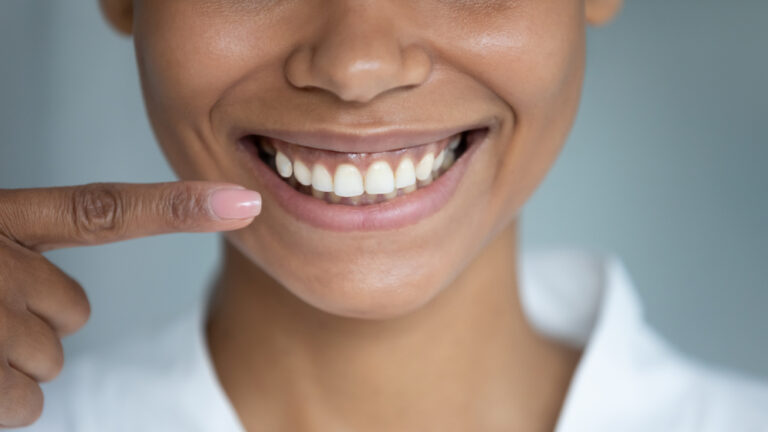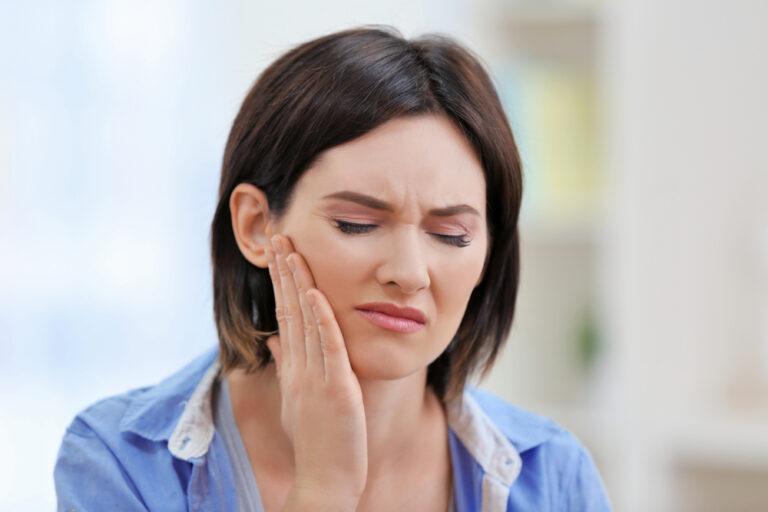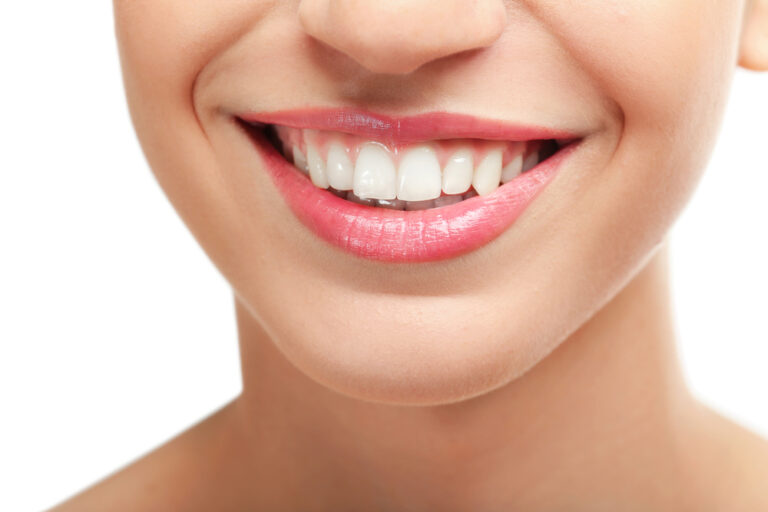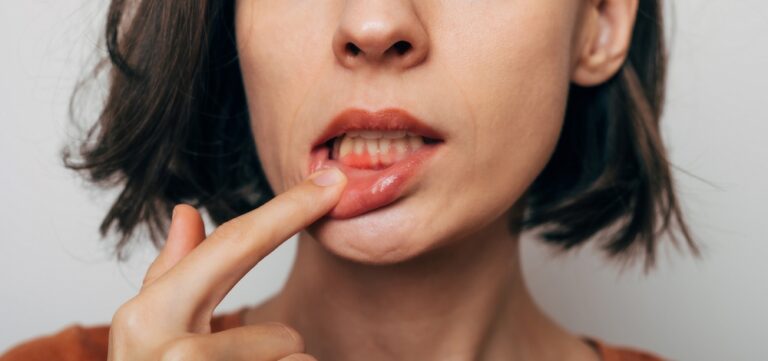The critical role teeth play in our lives
Teeth are one of the most important parts of our body. Though small, they play a surprisingly large role in our health and daily functioning. Teeth are crucial for:
- Chewing – Teeth are vital for properly biting, chewing and grinding food. The different tooth types – incisors, canines, premolars and molars – all serve the purpose of mechanically breaking down food. Without teeth, we cannot adequately digest and consume nutritious foods.
- Speaking – Teeth play an integral role in speech and pronunciation. They help form sounds and words as air passes through the mouth. Missing teeth can result in slurred or mumbled speech.
- Facial Structure – Our teeth hold much of the structure of our face in place. They anchor the lips, cheeks and shape the profile. Without teeth, the lower third of the face sinks in and loses definition.
- Confidence – A beautiful, healthy smile full of pearly white teeth greatly boosts our self-esteem and confidence. Looking our best improves social interactions and mental health.
Losing teeth deteriorates these critical functions we often take for granted. But just how vital are teeth? Can someone live a full, healthy life without any natural teeth at all?
What are the effects of losing all your teeth?
Losing all natural teeth, a condition called edentulism or being edentulous, has many significant effects on physical, mental and emotional health.
Physical health effects
When all teeth are lost or removed, it becomes challenging to eat and speak properly. The most immediate impacts include:
- Impaired eating – Lack of teeth means you cannot adequately bite, chew or grind foods. Attempting to eat chunky foods can be painful.
- Weight loss – Without teeth, people tend to eat soft, processed foods that are easy to swallow but not nutritionally ideal. This often leads to weight loss or malnutrition.
- Digestive issues – Trying to swallow large pieces of food can lead to choking, vomiting, or intestinal blockages. Poor digestion of food also causes problems like bloating, reflux, and constipation.
- Speech problems – Speaking requires precise mouth, tongue, and teeth positioning. Missing teeth leads to slurring, lisping, and other speech problems.
- Accelerated aging – The loss of structure in the face causes wrinkles to deepen and apparent aging to accelerate. Facial muscles weaken with lack of use.
- Altered social life – Difficulty eating and speaking can cause people to withdraw socially due to embarrassment or frustration.
Beyond just eating and speaking, losing all teeth initiates rapid deterioration of oral and overall health. This is due to:
- Bone loss – Without stimulation from teeth roots and chewing, jawbones resorb or degenerate quickly. This causes the lower third of the face to appear sunken and collapsed.
- Gum recession – Lack of teeth removes support for gum tissue. Gums recede and expose more tooth roots to further infection.
- Nutritional deficiencies – Difficulty eating and digesting food leads to deficiencies in vitamins, minerals and overall nutrition. This negatively impacts the body.
- Increased disease risk – Tooth loss is linked to higher incidence of diabetes, heart disease, stroke, rheumatoid arthritis and even dementia.
Clearly, losing one’s teeth – especially all teeth – can start a downward spiral for health and quality of life. But with modern dentistry, steps can be taken to minimize these impacts.
Mental and emotional impacts
Beyond the physical effects, losing all of one’s teeth takes a toll on self-esteem and confidence. Being edentulous leads to:
- Appearance concerns – Missing teeth and loss of facial definition from tooth loss are seen as unattractive. This causes insecurity and reluctance to smile or appear in public.
- Depression – Difficulty speaking, eating, and smiling due to missing teeth frequently triggers depression and social isolation.
- Anxiety – The prospect of losing teeth provokes high anxiety for many people because of the negative impacts on appearance and function.
- Low self-esteem – Tooth loss hurts confidence. People feel ashamed and embarrassed about their smile and oral condition.
- Stress – Adjusting to life without teeth is challenging and often stressful. Frustration with eating, communication, and new dental appliances is common.
Coping emotionally with tooth loss, especially when all teeth are removed, takes time, patience and support. Working with mental health professionals, support groups, and loved ones can help manage the depression, anxiety and self-esteem issues that frequently arise. Modern cosmetic dentistry also aims to restore the smile’s appearance.
Possible solutions for living with no natural teeth

Though losing one’s natural teeth greatly impacts health and quality of life, today’s dentistry offers solutions to help restore function and aesthetics. Options include:
Dentures
Dentures are removable appliances that replace missing teeth and surrounding tissues. There are two main types:
Complete Dentures
These are “full” dentures that replace all teeth in a single arch. Traditional complete dentures have:
- A base shaped like the gums that extends across the palate or roof of the mouth
- Artificial teeth anchored into the base
- A retentive that holds dentures in place
Complete dentures are removable and made of durable acrylic. They can restore chewing capacity, speech, facial contours and aesthetics. But they require diligent cleaning and must be refitted periodically as the jawbone changes. Immediate dentures can be placed immediately after teeth are removed. Conventional dentures are made after healing and reshaping of tissues.
Partial Dentures
Partial dentures fill in areas with only some missing teeth. Components include:
- Artificial teeth on a molded base or wire framework
- Clasps or attachments that secure to nearby natural teeth
- Faux gums and cheeks for natural contour
Partial dentures prevent remaining teeth from shifting and restore the ability to chew. However, they can feel bulky and make oral hygiene difficult compared to other tooth replacement options.
Dental Implants
Dental implants act as artificial tooth roots made of biocompatible titanium. They fuse securely to the jawbone. Implants can anchor crowns, bridges or denture bases for greater stability and function than removable dentures alone.
Key benefits of implants include:
- Permanence – They fuse to bone rather than sitting on gums
- Stability – Implants don’t shift in the mouth with chewing forces
- Improved function – Makes eating, speech and appearance more natural
- Bone maintenance – Stimulates bone to prevent atrophy after tooth loss
- Durability – Properly cared for, implants can last decades
However, implants do require minor surgery for placement and healing time before artificial teeth attach. They are also one of the more expensive tooth replacement options.
Proper oral hygiene and diet
Adjusting to life with dentures or implants requires diligent oral hygiene and diet optimization. Key habits include:
- Thorough cleaning – Brush custom dentures and surrounding gums 2x/day. Use soft brush and non-abrasive toothpaste.
- Daily soaking – Soak dentures in cleaner daily to kill bacteria and prevent stains.
- Proper storage – Store dentures in cool water or cleaner overnight. Never dry.
- Gum stimulation – Massage gums with soft brush or rubber tip to increase circulation.
- Balanced diet – Eat soft, minced, moist foods that provide full nutrition. Avoid sugary, sticky, hard foods.
- Adequate hydration – Drink water and nutritious shakes or juices to maintain strength and weight.
Ongoing dental visits are also critical. Having dentures professionally cleaned and properly adjusted ensures the best fit and function. Practicing good hygiene and diet helps maximize the benefits of tooth replacement.
Adjusting to life with dentures or no teeth

The transition to dentures or living without teeth is challenging but very feasible with the right strategies. Ways to smoothly adjust include:
- Get dentures fitted promptly after tooth loss to aid chewing and speech sooner. Have dentist adjust and reline frequently the first several months.
- Initially eat soft, cool foods. Slowly reintroduce different textures and temperatures.
- Practice speaking, reading, and facial expressions aloud to adapt muscle movements.
- Join a support group to share advice and cope with emotional aspects of tooth loss.
- Stick to a healthy diet with nutrient rich foods that are easy to chew and swallow.
- Have realistic expectations. Adjusting takes weeks or months. Dentures require maintenance.
- Add dental implants if dentures are uncomfortable or limit function. Implants aid stability.
- Focus on the positives – you can still eat, speak, laugh and live life fully!
Adjusting psychologically is equally important. Be patient with the process and yourself. Know that difficulties speaking or eating will improve. Focus on functions that boost confidence and self-esteem. Setbacks are normal – stay determined to adapt.
Frequently Asked Questions
What causes total tooth loss?
The main causes of losing all natural teeth include:
- Tooth decay – Breakdown of enamel allows cavities and infection to reach the pulp. This kills the tooth, requiring extraction if beyond repair.
- Gum disease – Bacterial infection causes gums to recede, exposing tooth roots. The fibers and bone holding teeth also erode, eventually causing tooth loss.
- Tooth trauma – Falls, accidents, injuries or sports impacts can crack teeth or dislodge them entirely. Knocked out or broken teeth usually cannot be repaired or saved.
- Congenital disorders – Conditions present at birth like ectodermal dysplasia may prevent some or all teeth from forming.
- Systemic diseases – Certain medical conditions like cancer treatments or autoimmune diseases increase tooth loss risk.
Failing to properly care for teeth is the most common reason for eventual edentulism. But other factors like trauma, disease or simply aging can also lead to total tooth loss.
Do dentures need to be replaced regularly?
With proper care, well-made dentures typically last 5-7 years before needing replacement. Reasons for replacement include:
- Improper fit due to bone/gum changes
- Wear of acrylic teeth and base
- Damage from drops or chewing on hard foods
- Staining and bacteria buildup
New dentures may be needed sooner if improper fit causes speech issues, pain or difficulty eating. As you age, continued bone loss also usually necessitates new dentures within 5-7 years. Promptly replacing ill-fitting dentures prevents ongoing difficulties.
Can implants fail or need to be replaced?
Dental implants are designed to last many years but can fail in some cases. Possible reasons for implant failure include:
- Inadequate osseointegration – Implant does not fuse properly to bone.
- Poor positioning – Placement is unstable or puts pressure on adjacent teeth.
- Bone loss – Continued resorption around the implant.
- Peri-implantitis – Bacterial infection of gums and bone around the implant.
- Excessive biting force – Breaks the crown, abutment or implant itself.
- Systemic diseases – Diabetes, cancer or osteoporosis.
Failures are relatively rare with precise placement, healthy bones and proper care. The success rate of implants exceeding 15-20 years is estimated at over 92-95%. Implants that do fail can often be replaced with a new one once healed.
What promotes better denture or implant adjustment?
Factors that help smooth the adjustment process include:
- Realistic expectations – Accepting limitations or a period of difficulty adapting.
- Dentist guidance – Following all dentist instructions carefully.
- Oral hygiene – Excellent cleaning of dentures, gums and implants.
- Diet changes – Eating soft, nutritious foods initially.
- Practice & patience – Frequently using new dentures or implants while slowly progressing.
- Support system – Having friends or support groups to consult.
- Positive attitude – Staying determined and focusing on benefits rather than obstacles.
- Regular dental visits – For any needed adjustments and to spot issues early.
Adjusting is an individual process that improves with diligent oral care, dietary changes, practice speaking and eating, and maintaining a positive mindset.
Conclusion
Tooth loss – especially full edentulism – substantially affects one’s nutrition, speech, appearance, and quality of life. But with today’s modern dentistry, people can still live healthy, happy lives without their natural teeth.
Dentures and dental implants allow individuals to eat nutritious foods, speak clearly, smile confidently, and regain dental function. With proper oral hygiene and dietary adjustments, prosthetic teeth restore the ability to chew, pronounce words, and feel confident in public.
Adjusting to toothlessness takes dedication, patience, and practice. But being proactive and utilizing all dental treatment options available provides the means to fully adapt to life with no natural teeth. So despite the challenges, the answer is yes – you can certainly survive and thrive after losing all of your permanent teeth.






